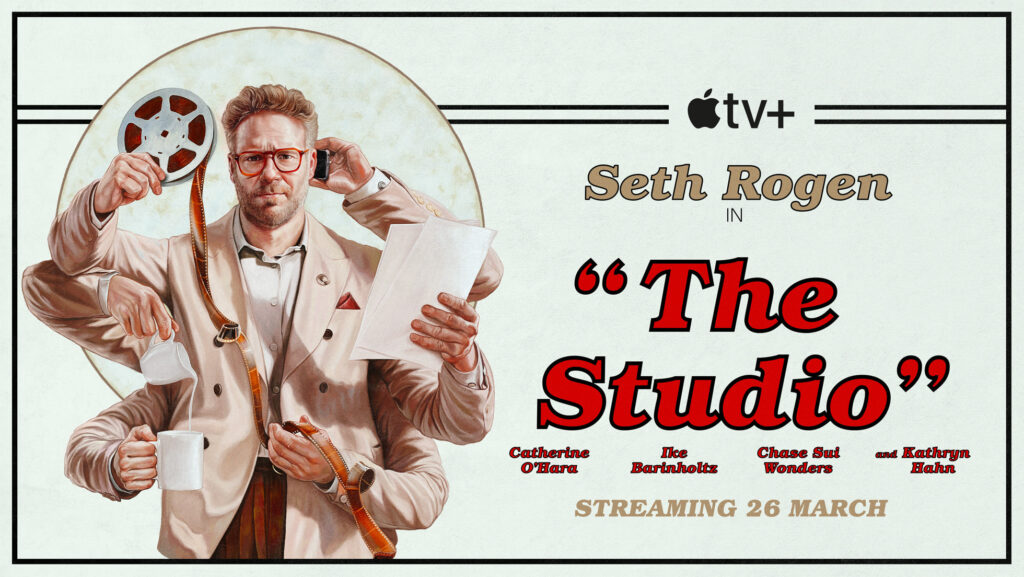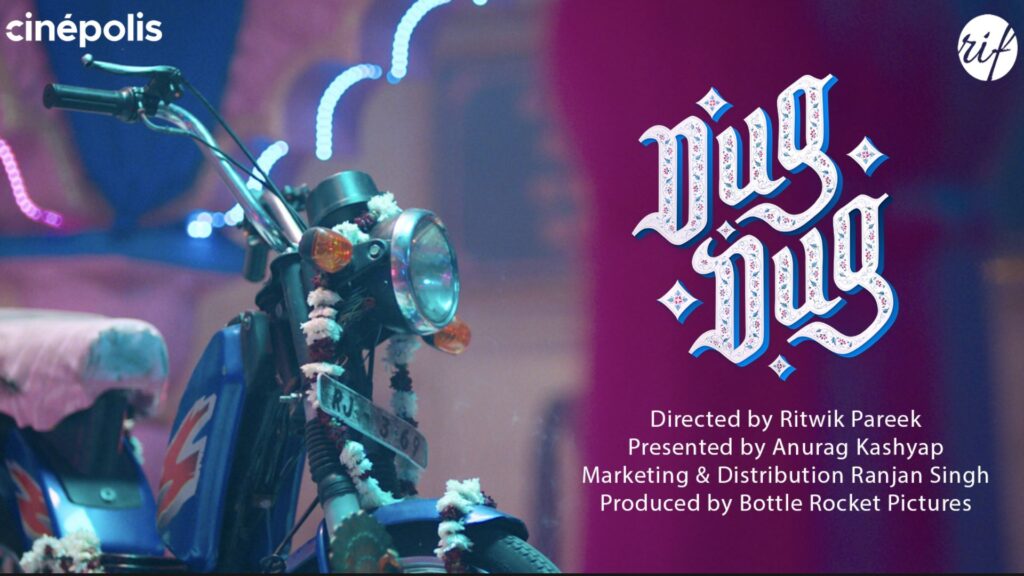In Apple TV+’s “The Studio,” Seth Rogen’s portrayal of Matt Remick offers a nuanced exploration of a studio head’s struggle to balance artistic integrity with commercial demands. This character arc is enriched by the show’s adept use of real-life industry figures, notably Martin Scorsese and Ron Howard, who play fictionalized versions of themselves, adding layers of authenticity and satire. Scorsese’s cameo in the pilot episode is particularly striking; he is approached by Remick to direct a film humorously titled “Kool-Aid,” a reimagining of the tragic 1978 Jonestown massacre, where over 900 members of the Peoples Temple, led by Jim Jones, perished in a mass murder-suicide by ingesting cyanide-laced punch. By attempting to transform this somber historical event into mainstream entertainment, the series critiques Hollywood’s penchant for repurposing real-life tragedies into marketable intellectual properties. This satirical narrative mirrors real-world industry practices, reminiscent of films like “The Impossible,” which dramatized the 2004 Indian Ocean tsunami, and “World Trade Center,” depicting the September 11 attacks, both of which sparked debates about the ethics of commercializing recent catastrophes. This meta-commentary not only satirizes Hollywood’s exploitation of real tragedies but also showcases Scorsese’s willingness to engage in self-parody. Rogen admitted to feeling apprehensive about directing the legendary filmmaker, revealing that he secretly hired a second camera crew, fearing Scorsese’s potential dissatisfaction with their single-camera setup.

Ron Howard’s cameo in the third episode further exemplifies the show’s commitment to authentic and spontaneous humor. In a memorable scene, Howard, playing himself, becomes emotionally charged during a confrontation with Remick over a personal critique of his fictional film “Alphabet City.” The scene culminates in Howard improvising by throwing his iconic Imagine Entertainment hat at Rogen, leading to a comedic mishap. Rogen lauded this unscripted moment as a “stroke of genius,” highlighting Howard’s comedic timing and the organic nature of the show’s humor. Seth Rogen’s evolution from portraying affable stoners in comedies like “Knocked Up” and “Pineapple Express” to embodying the complex role of Matt Remick in “The Studio” marks a significant shift in his acting career. In a recent interview, Rogen reflected on this transition, noting that his early comedic roles often cast him as the lovable slacker, a persona that resonated with audiences but eventually prompted him to seek more diverse and challenging characters. He elaborated on the experience, stating, “I was very nervous about it… I was like, ‘This is a nightmare. This is the worst thing that’s ever happened.'” This candid admission underscores Rogen’s commitment to more mature and thoughtful storytelling, moving beyond his earlier comedic persona to tackle complex industry dynamics.
“The Studio” has ignited a fervent dialogue across social media, with viewers lauding its incisive satire and stellar ensemble cast. Critics have hailed it as “the best TV show in years,” highlighting its sharp wit and industry insights. However, the series also underscores a persistent issue: Apple’s apparent reticence in marketing its original content. Fans have expressed frustration over the platform’s lack of promotion, noting that acclaimed series like “Silo” and “Severance” have similarly flown under the radar. This marketing shortfall not only hampers viewership but also diminishes the cultural footprint of otherwise exceptional programming. As a viewer, it’s disheartening to witness such compelling content struggle for attention amidst a saturated streaming landscape. Apple TV+ must recognize that quality alone doesn’t guarantee success; strategic promotion is crucial to ensure that groundbreaking shows like “The Studio” receive the audience they rightfully deserve.
“The Studio” stands out not only for its incisive satire but also for its innovative narrative structure and stylistic choices that enrich its storytelling. Each episode serves as a self-contained exploration of different facets of the film industry, allowing for a diverse range of cinematic homages and parodies. For instance, one episode unfolds as a continuous long take, mirroring the ambitious “one-shot” technique popularized in films like “Birdman,” effectively immersing viewers in the chaotic decision-making processes of a film set. This approach not only showcases the show’s technical prowess but also underscores the frenetic pace and high stakes inherent in studio operations. Moreover, the series delves into the personal lives of its characters, particularly Matt Remick’s struggle with imposter syndrome and his quest for validation in an industry that is as unforgiving as it is glamorous.
This nuanced character development adds depth to the comedy, resonating with audiences who appreciate a blend of humor and pathos.


